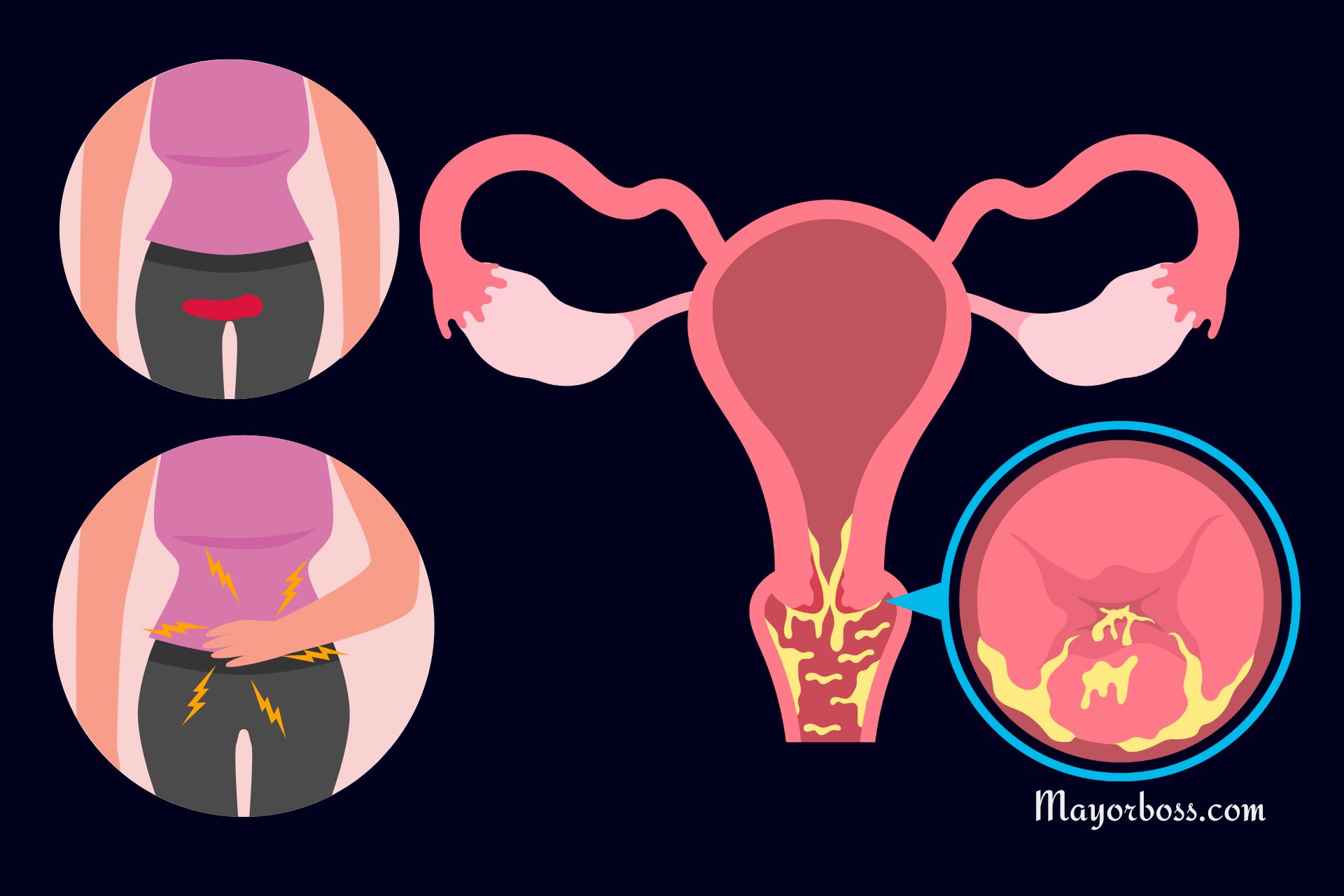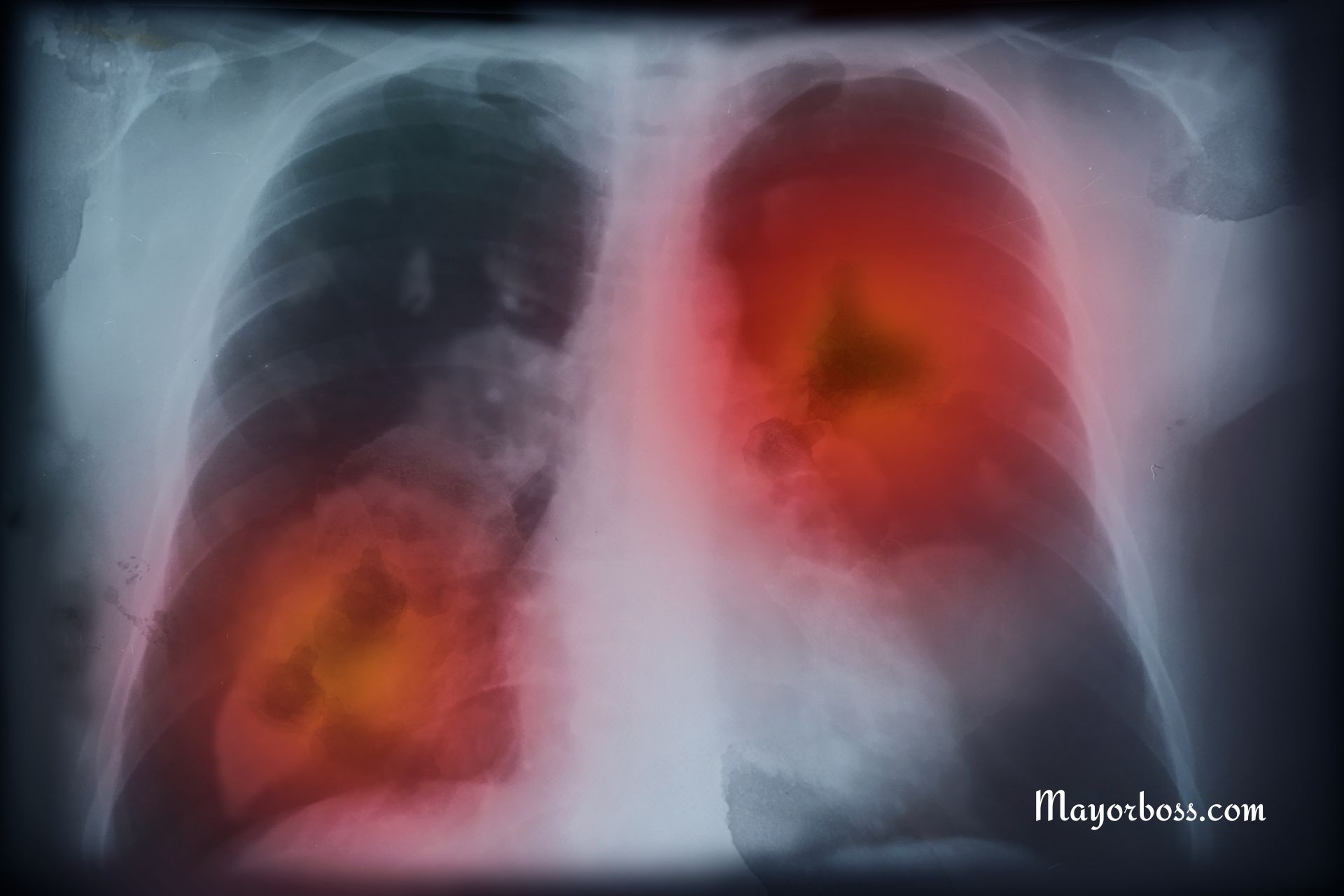5 Warning Signs of Esophageal Cancer
Esophageal cancer is a malignant tumor in the esophagus, the tube connecting the throat to the stomach. The warning signs may include difficulty swallowing, voice changes, and persistent cough.
What is Esophageal Cancer?
Esophageal cancer, I must tell you, is a malignant tumor developing in the esophagus. This tube, in simple terms, connects your throat to your stomach. It aids in moving food down into the stomach.
There are primarily two types of esophageal cancer: squamous cell carcinoma and adenocarcinoma.
Esophageal cancer happens more often to men than women.
Risk Factors for Esophageal Cancer
I want you to understand that certain factors elevate your risk of developing esophageal cancer.
These include excessive alcohol consumption, smoking, obesity, and gastroesophageal reflux disease (GERD). A diet low in fruits and vegetables might also increase the risk.
The Warning Signs of Esophageal Cancer
Now, let’s hop into the critical topic: the five warning signs of esophageal cancer. Noticing these early can lead to timely diagnosis and better outcomes.
1. Difficulty Swallowing
One of the most common symptoms of esophageal cancer is dysphagia or difficulty swallowing. You might feel a sensation of food stuck in your throat or chest.
This occurs when a tumor narrows the esophagus. Initially, you might only struggle with swallowing solid food. However, as the tumor grows, liquids may also become difficult to swallow.
2. Weight Loss
Unexpected weight loss is another warning sign. As swallowing becomes more challenging, you might unconsciously eat less, leading to weight loss.
If you observe unexplained weight loss, I advise seeking medical help promptly.
3. Chest Pain
You might also experience pain or discomfort in your chest, particularly when you swallow. This pain can occur due to the tumor in the esophagus.
4. Hoarseness
A change in your voice or persistent hoarseness may indicate esophageal cancer. The tumor can press against nerves that control your voice box, leading to these symptoms.
5. Chronic Cough
A persistent cough, especially if it’s accompanied by hoarseness or difficulty swallowing, maybe a warning sign of esophageal cancer.
It’s crucial to consult a healthcare provider if you notice this symptom.
Prevention and Early Detection
Prevention is always better than cure. I encourage you to adopt a healthier lifestyle.
Limit alcohol, quit smoking, maintain a healthy weight, and eat plenty of fruits and vegetables. If you have persistent GERD, seek treatment to reduce your risk.
Early detection of esophageal cancer significantly improves treatment outcomes. Regular check-ups, especially if you have risk factors, can help you catch this disease early.
Treatment Options
Treatment options for esophageal cancer include surgery, radiation therapy, chemotherapy, or a combination of these. The choice of treatment depends on the cancer’s stage and the patient’s overall health.
Learn More
Want to learn more about esophageal cancer? There are various resources available online, such as the American Cancer Society and the National Cancer Institute.
To find a qualified medical professional in your area, you can use the American Medical Association’s DoctorFinder tool.
Remember, your health is paramount. Pay attention to these warning signs of esophageal cancer. Early detection can make a significant difference.
Frequently Asked Questions
Survival rates for esophageal cancer depend on the stage at diagnosis. The five-year survival rate for localized esophageal cancer (cancer that has not spread outside the esophagus) is around 47%. However, only about 20% of esophageal cancers are diagnosed at this early stage.
For cancer that has spread to nearby tissues or lymph nodes, the five-year survival rate drops to about 25%. If it has spread to distant parts of the body, the rate is approximately 5%.
Esophageal cancer can be cured, particularly if it’s caught early. Treatment options like surgery, chemotherapy, and radiation therapy can be effective in removing or killing cancer cells.
However, the prognosis varies depending on several factors, including the cancer’s stage and the patient’s overall health.
Screening tests for esophageal cancer are not routinely recommended for people at average risk. However, for those with significant risk factors, such as long-standing GERD or Barrett’s esophagus, a procedure called an endoscopy might be recommended.
During an endoscopy, a flexible tube with a camera is inserted down the throat to examine the esophagus for any signs of cancer or precancerous changes.






